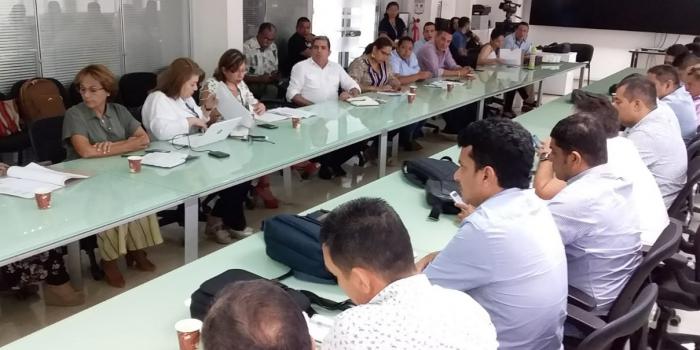
Victims Unit and Mayors of Sucre analyzed budget and Transitional Justice Committees
The work aims to optimize the dignified assistance and efficiency of the entity with respect to the needs of all victims in the department.

Strengthening budgetary allocations as well as monitoring the public policy of victims and adjusting the Transitional Justice Committees were, among others, the essential issues agreed upon by the territorial director of Sucre, Liliana Patricia Balseiro, with the department's mayors, in a work developed in Sincelejo.
According to the official, the budgetary efforts made by the mayors were recognized, but more items were demanded. "We are willing to work hand in hand and we are not inquisitors because we are ready to help but if they act freely, that does not add to the budget," he explained.
Balseiro said he alerted the mayors about the budget allocations that the victims made through the Territorial Action Plans, which were not maintained and must be coherent with that population in each of their municipalities.
On the other hand, he clarified that they were invited so that the virtual monitoring tools were applied with diligence, quality in the information and in a timely manner, so that they really respond to the public policy needs for the victims.
The committees
Another conclusion of the work with the mayors of Sucre, according to the territorial director, was to suggest the improvement in compliance with the number of Transitional Justice Committees that must be held annually.
"In that sense they were called to carry out a joint timetable of all these activities that must be carried out and the contents of these Transitional Justice committees," he said.
Similarly, he said that the mayors should strengthen the National System of Comprehensive Care and Reparation for local victims, giving sufficient tools to the victim assistance links that are in their municipalities.
"The idea is that they can count on interdisciplinary teams that include an articulator of information, a psychosocial professional and others to address basic issues such as health, education, planning, infrastructure and family police stations", he said.






